Tyramine: What Is It And What Foods To Avoid
Although this amino acid has health benefits, you must be careful with it.

Image: Shutterstock
Tyramine is a naturally occurring amino acid and is derived from tyrosine. It is also available in certain foods. Tyramine benefits human health primarily by regulating blood pressure. However, excess consumption may trigger migraines. How can you limit tyramine consumption, and what foods do you need to avoid? This article answers all these questions. Keep reading.
 Know The Flip Side: Tyramine
Know The Flip Side: TyramineShort-Term Effects
Migraine, nausea, vomiting, and nosebleeds
Long-Term Effects
Chest pain, fast heartbeat, severe anxiety, and high blood pressure
Drug Interactions
Excessive tyramine intake interacts with antidepressant medications
When To See A Doctor
If you experience shortness of breath, headache, or sweating.
Caution
Avoid using neem oil if you experience any rashes or redness on your skin.
In This Article
What Is Tyramine? Is It Harmful?
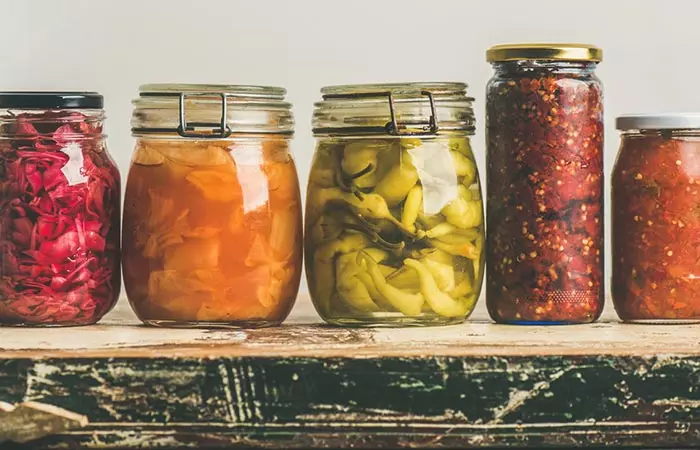
Tyramine is a monoamine (a compound that is a neurotransmitter). It is naturally found in some foods, plants, and animals. Fermentation, aging, or the spoiling of foods can also produce tyramine.
Our bodies contain an enzyme called monoamine oxidase (MAO). MAO helps process tyramine.
If you have insufficient MAO in your system, eating foods with tyramine can trigger migraines (1). So avoid tyramine-rich foods if you are prone to migraines or are on a migraine diet.
In the gut, MAO also protects against the build-up of potentially harmful substances. MAO breaks down excess tyramine in the body, which can then be excreted.
Tyramine, by itself, is not harmful as it helps regulate blood pressure levels (2).
However, if consumed in excess, if you are taking certain medications or are amine-intolerant (as discussed below), tyramine may cause blood pressure spikes that can be life-threatening (3).
Here is where we need to discuss monoamine oxidase inhibitors (MAOIs). These are medications that slow down the action of MAO. This stops MAO from preventing tyramine build-up, leading to increased levels of tyramine in your system (4).
If you also consume foods high in tyramine, it only adds to the problem by causing tyramine build-up.
What Are The Foods High In Tyramine (To Be Avoided)?

If you are taking MAOIs, you must avoid the following foods (5). These contain tyramine, so taking them along with the medications can elevate tyramine to dangerous levels in your body:
- All aged and mature cheeses
- All improperly stored meats, poultry, and fish
- Air-dried sausages like pepperoni, salami, pastrami, and mortadella
- All alcoholic beverages (including wine, unpasteurized beers and beers on tap or from microbreweries)
- Fermented soy products like soy sauce, soybean paste, fermented tofu, tamari, miso soup, natto, tempeh, shoyu, and teriyaki
- Sauerkraut
The only cheeses you can consider eating are cottage cheese, cream cheese, ricotta, part-skim mozzarella. Ensure you eat them well before their expiry date. Or even better – eat them right after opening, when they are the freshest.
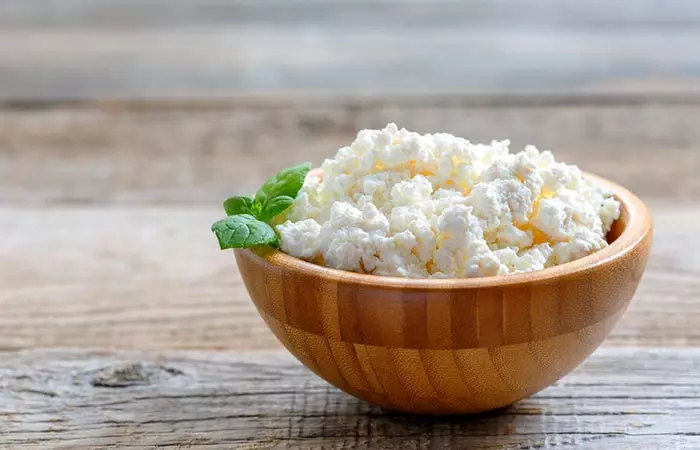
Who should avoid these foods? People who are either intolerant to amines (like tyramine or histamine) or are taking MAOIs. If you have amine intolerance, you may experience heart palpitations, headaches, vomiting, and nausea (6).
Excess tyramine in your system can cause hypertensive crisis (2). This is marked by a drastic rise in your blood pressure levels. Hypertensive crisis can cause:
- Severe headache
- Nosebleeds
- Nausea and vomiting
- Fast heartbeat
- Sweating and severe anxiety
- Shortness of breath
- Blurred vision
- Confusion
 Quick Tip
Quick TipBut there is a way to avoid all of this – by limiting your tyramine intake.
How Can You Limit Your Tyramine Intake?
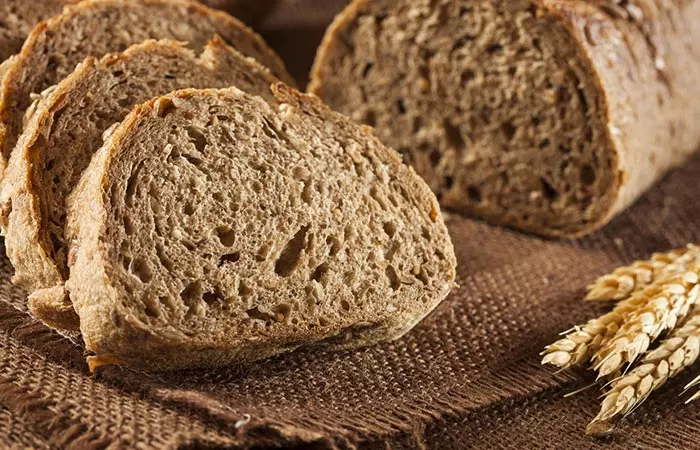
The first step is to avoid foods high in tyramine. You can then replace them with the following foods (7):
- Fresh, frozen, or canned vegetables
- Fresh or frozen meats, fish, poultry, and eggs
- Legumes and nuts
- Whole wheat breads
- Cooked and dry cereals
- Fresh, frozen, or canned fruits and fruit juices
- Milk and yogurt
- Decaffeinated coffee and tea
 Quick Tip
Quick TipHere are a few guidelines that can help you plan your diet:

- Eat fresh produce within two days of purchase.
- Read all food and drink labels for the presence of amines. These usually end with amine in their names.
- Avoid aged meats and pickled or fermented foods.
- Eat canned or frozen foods right after opening.
- Exercise caution while eating out as you don’t know how the foods have been stored.
- Toss overripe, spoiled, or moldy foods in the trash.
- Remember that cooking foods will not lower their tyramine content.
Infographic: Symptoms Of Tyramine Overconsumption And How To Avoid Them
Tyramine can be naturally processed by the body and usually does not cause any harm. However, its excess consumption can lead to severe health complications. Check out the infographic below to know the common symptoms of tyramine overconsumption and tips to prevent it.

Illustration: StyleCraze Design Team
Tyramine is an amino acid present in cheeses, meat, dark chocolate, ripe bananas, kefir, probiotics, and fermented soy products. The benefits of tyramine lie in its ability to regulate blood pressure. However, if taken in excess, it may lead to a few health complications. These effects are especially severe in those who take monoamine oxidase inhibitors (MAOIs). Tyramine buildup may trigger migraine or elevate blood pressure levels. In severe cases, it may cause nosebleeds, anxiety, shortness of breath, or increased heart rate. Avoid pickled foods and aged products and consume fresh or canned produce as soon as possible to reduce your tyramine intake.
Frequently Asked Questions
Does tyramine cause weight gain?
No, tyramine doesn’t cause weight gain. However, an excess intake of tyramine may cause other side effects, like deterring migraine prevention, and drug interactions
Is avocado high in tyramine?
Avocados contain moderate amounts of tyramine. Hence, limiting its consumption to ½ a cup a day is recommended.
How do you know if you are sensitive to tyramine?
If you have tyramine sensitivity, you experience symptoms like increased heart rate, skin redness, chills, hives, and frequent migraines.
Key Takeaways
- Tyramine is a monoamine (a neurotransmitter) compound naturally found in some plants, animals, and fermented, aged, or spoilt foods.
- Tyramine primarily benefits human health by regulating blood pressure, but excess consumption may trigger migraines and fluctuations in blood pressure.
- Monoamine oxidase (MAO) helps process tyramine in the body, so if you take MAOIs (monoamine oxidase inhibitors) as medication, you must avoid foods high in tyramine.
Learn about a low-tyramine diet and what foods to avoid to help manage your symptoms. Get the facts and start feeling better today by checking out the video below.
References
Articles on StyleCraze are backed by verified information from peer-reviewed and academic research papers, reputed organizations, research institutions, and medical associations to ensure accuracy and relevance. Read our editorial policy to learn more.
- “The London Letter” National Center for Biotechnology Information.
- “MAOIs and diet…” Mayo Clinic.
- “Hypertensive crisis and cheese” Indian Journal of Psychiatry, US National Library of Medicine.
- “Meal ideas and menus…” Vanderbilt University Medical Center.
- “The Role of Monoamine Oxidase Inhibitors in Current Psychiatric Practice” US National Library of Medicine.
- “Severity to food additives, vaso-active amines…” Clinical and Translational Allergy, US National Library of Medicine.
- “Low tyramine diet” University of Wisconsin-Madison, School of Medicine and Public Health.
Read full bio of Rachelle Caves
Read full bio of Arshiya Syeda
Read full bio of Sindhu Koganti







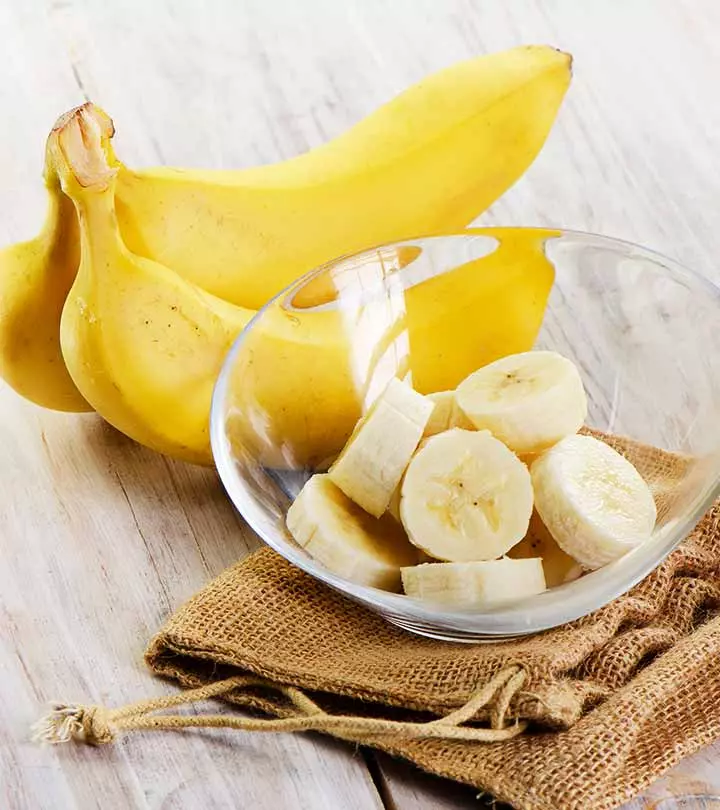
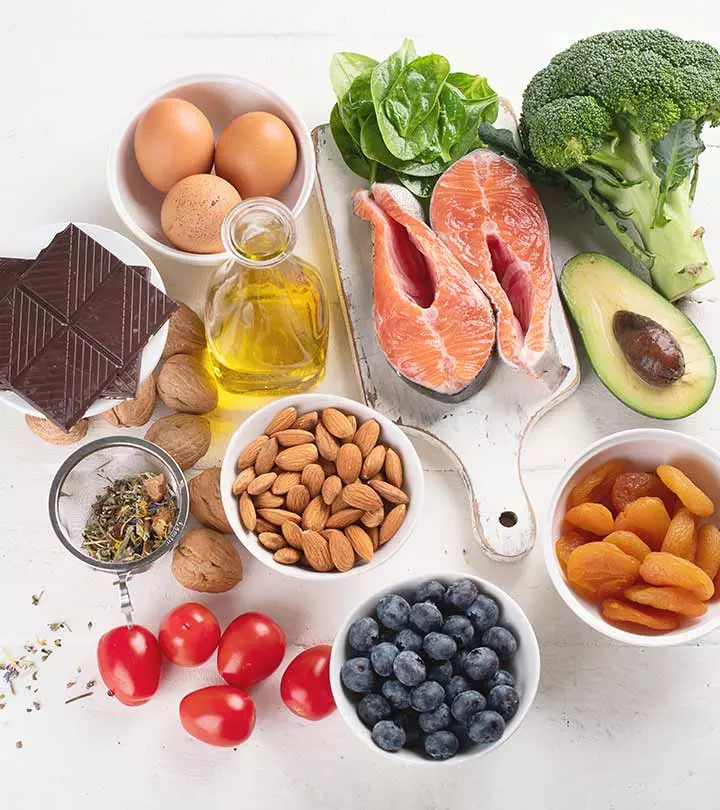
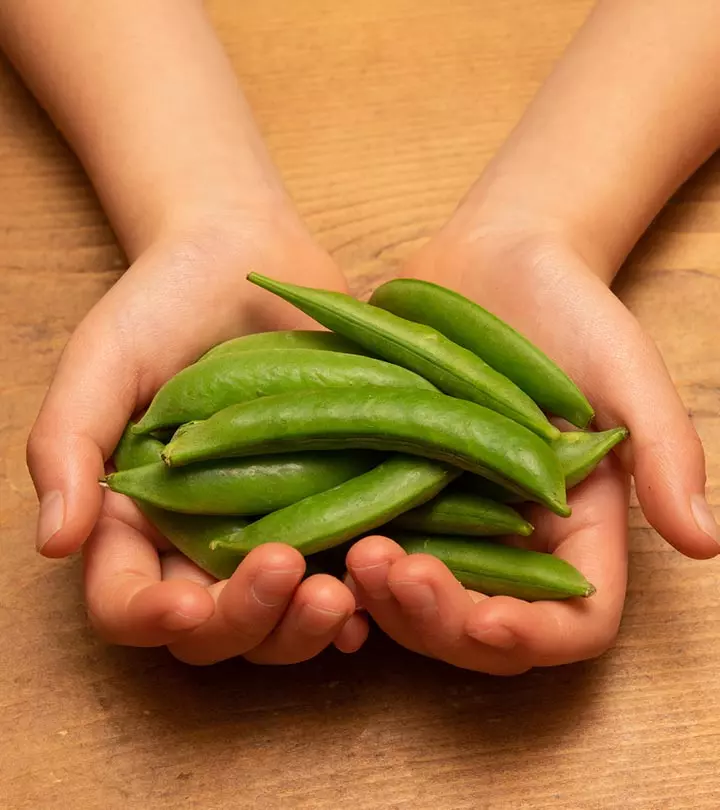
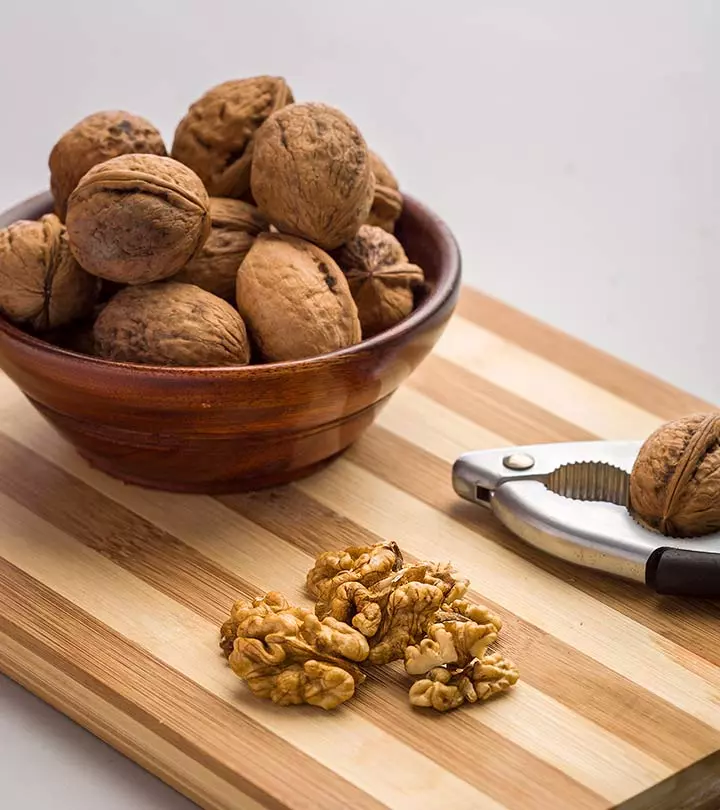


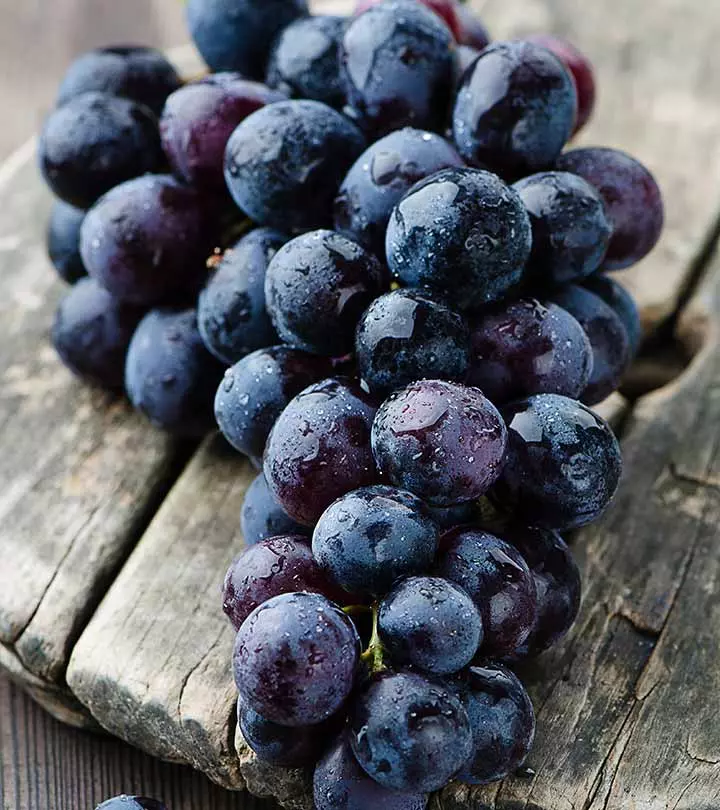
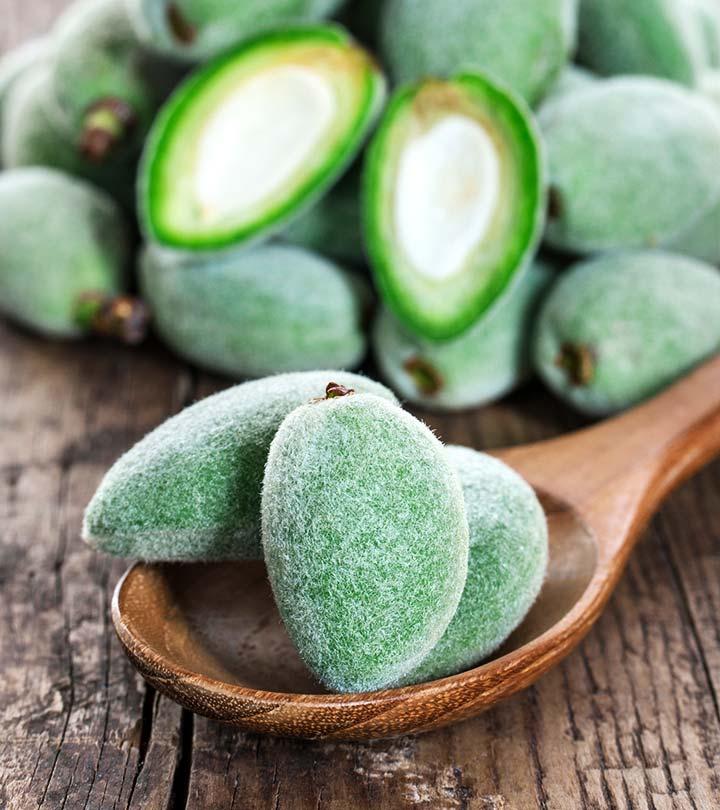
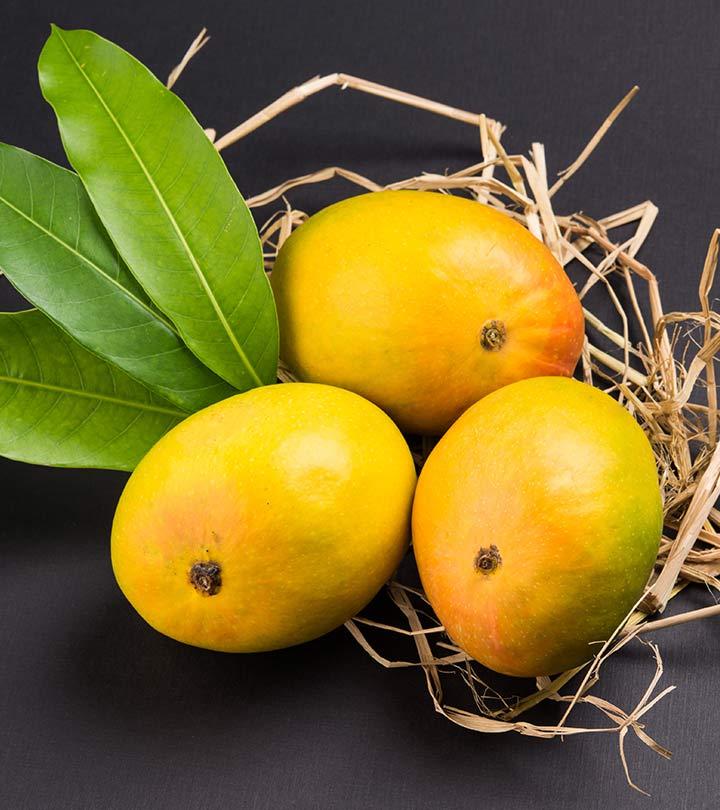

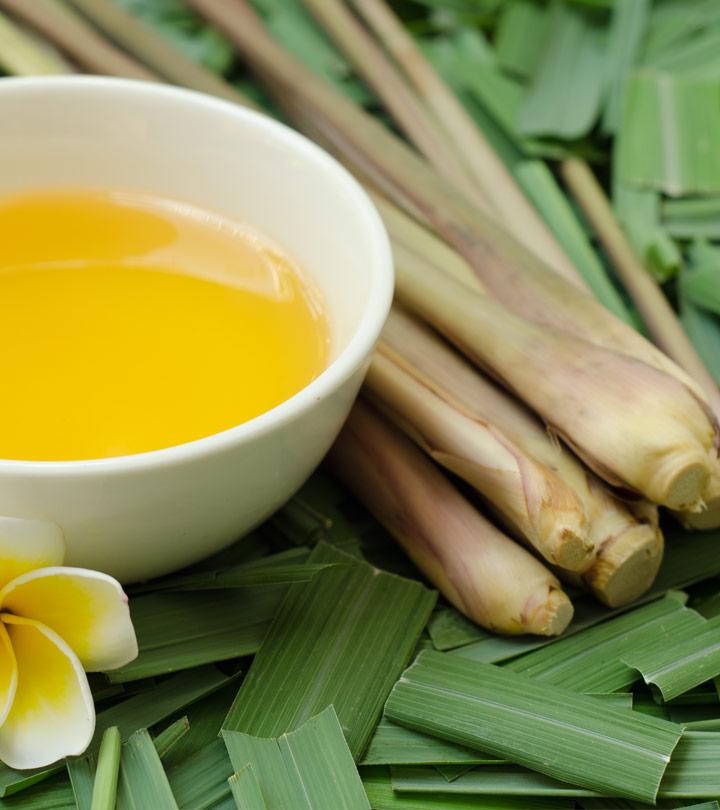
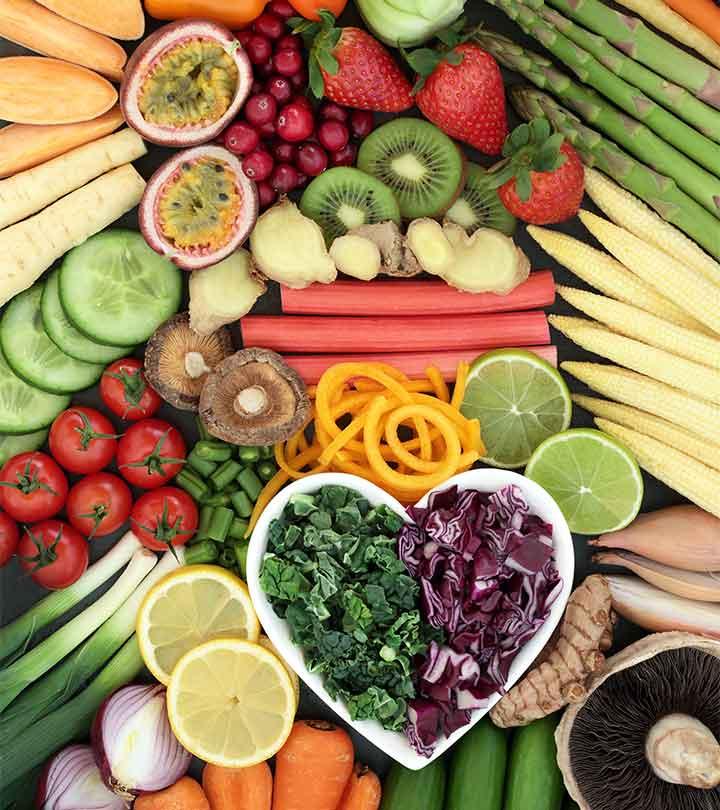
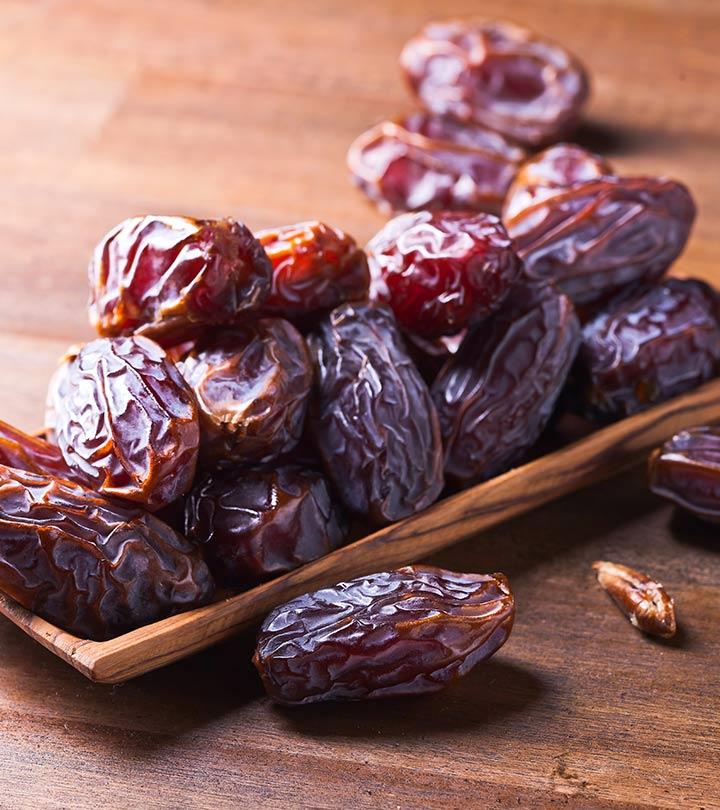
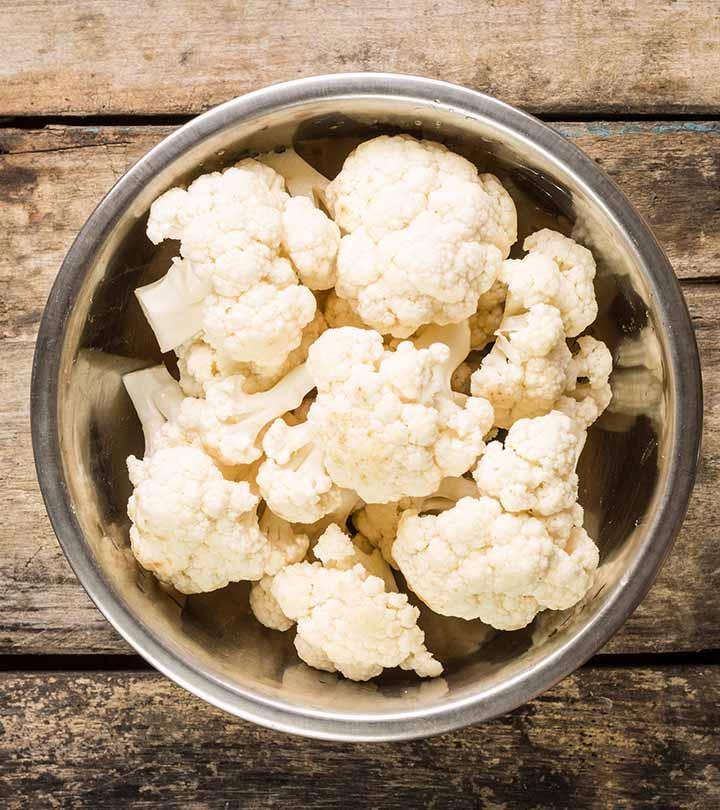
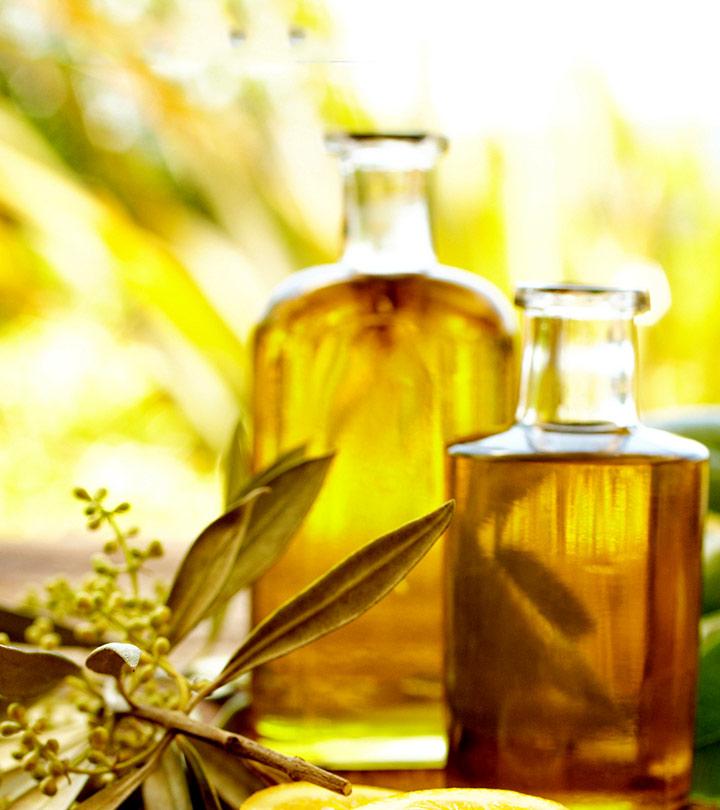
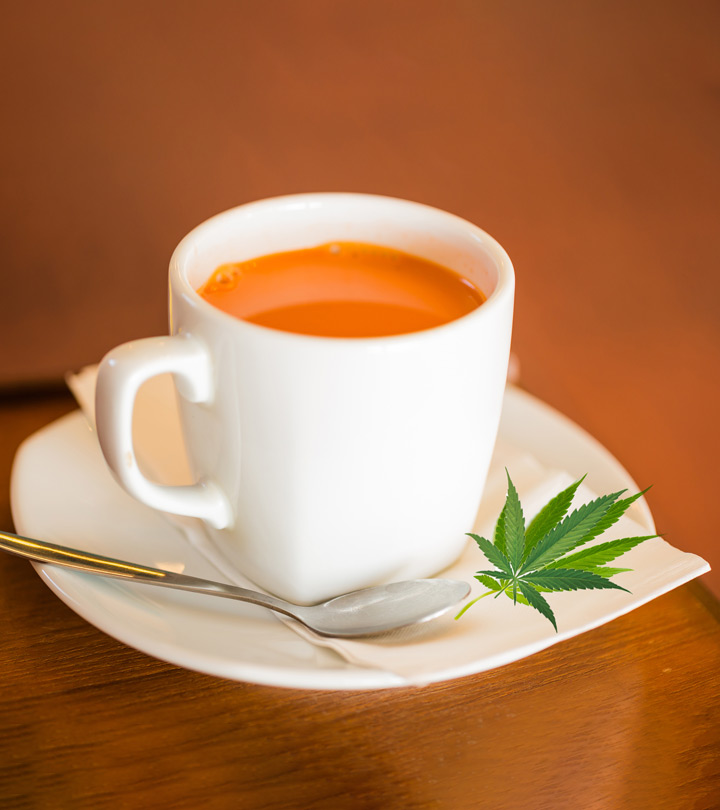

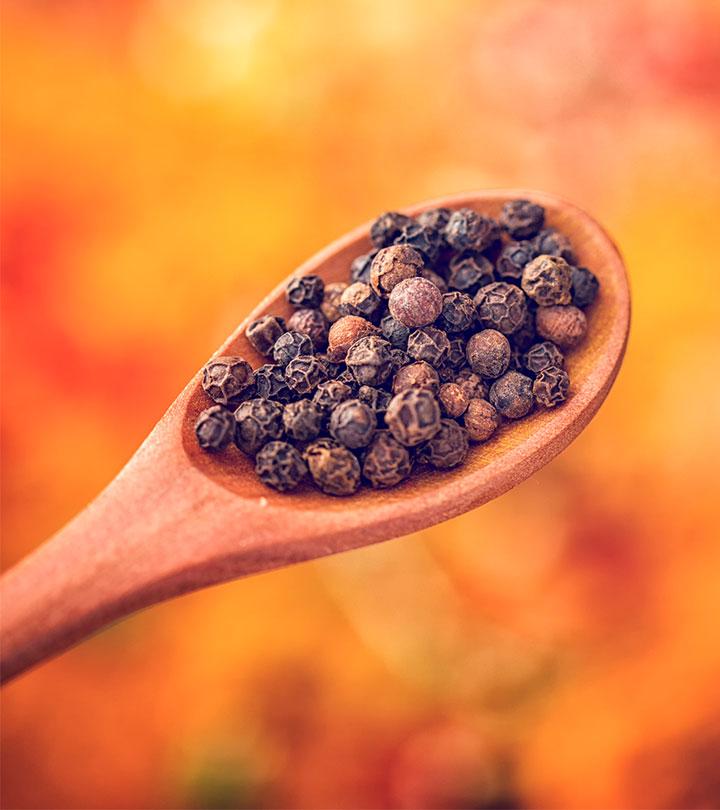
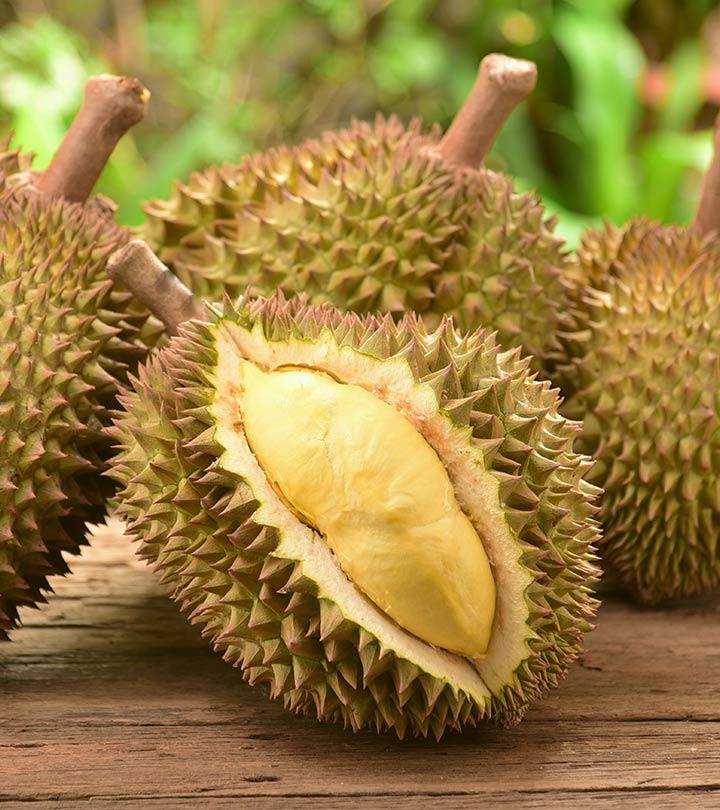
Community Experiences
Join the conversation and become a part of our empowering community! Share your stories, experiences, and insights to connect with other beauty, lifestyle, and health enthusiasts.